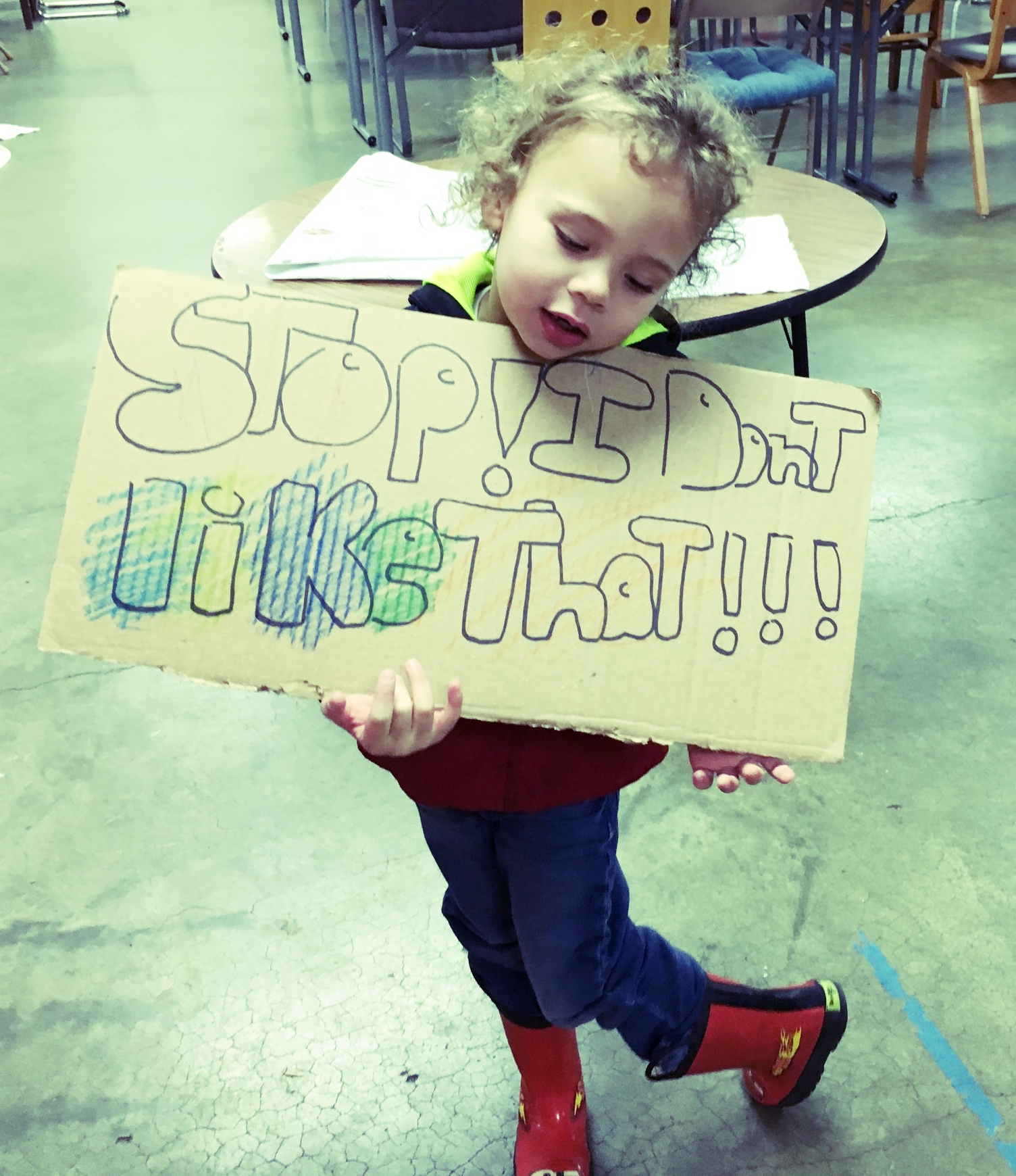Can I just be honest for a minute?
I’m losing hope.
White kids in our schools are set up to succeed. Kids of color are set up to fail. Now, you get kids who find their way across the aisle in either direction, but statistically, the system will probably let you down unless you’re white.
That’s a hard truth to grapple with, especially when your kids are growing up much faster than the system can change.
A system as massive as public education is not going to change profoundly overnight. It’s not even likely to change profoundly over a decade. Its progress is likely to be incremental until such time that we abandon it altogether, and we are not particularly close, societally speaking, to jumping off that cliff yet.
My oldest son is about to finish second grade. That means he’ll be graduating from high school a decade from now. He’ll be done with his public education in less time than it could possibly take to “fix” the system.
Right now, he goes to our neighborhood school. It’s known as a low-performing school, and we’ve experienced some of those side effects — things like high teacher turnover and a non-rigorous academic environment.
The whole thing has me thinking, how can this possibly change in time to make a difference for my son?
It can’t. And so I start feeling hopeless. Depressed, even.
I’m not alone. In Seattle, something like 30 percent of school-age kids go to private schools. Does that mean that at least 30 percent of Seattle parents are even more hopelessly depressed about our public schools than me? Because for all my complaining (advocating, on my better days), my son still goes to our neighborhood public school. And we still wonder every day if we’re making the right decision sending him there.
Right now, school choice in America is like healthcare — it’s yours if you can afford it. That’s not right, but it’s reality for me and my family: We’re stuck with a neglected, failing neighborhood school, and the message Seattle is sending my son and his classmates is that they don’t deserve better unless their parents can afford it.
This is where I fail to understand the fierce opposition to charter schools. These are public schools, open to all kids equally, and many of them are making more of an effort to effectively educate kids of color than their traditional school peers.
I wish we didn’t need to talk about charter schools. I wish we didn’t need an alternative to a messed-up system. BUT WE DO. Flat out. And in more and more districts, charter schools are serving as that needed alternative for families whose only other choices are failing neighborhood schools—neglected outposts in a slow-to-change, historically discriminatory institution.
If you know how to turn every public school into a pillar of equity overnight, then I’ll drop the school choice advocacy. Otherwise, let’s compromise. We’ll work to build a scaffold of public schools to fully nurture, support and educate all students, and until we get there, we’ll do our best to give families as much agency as possible in finding a good school.








